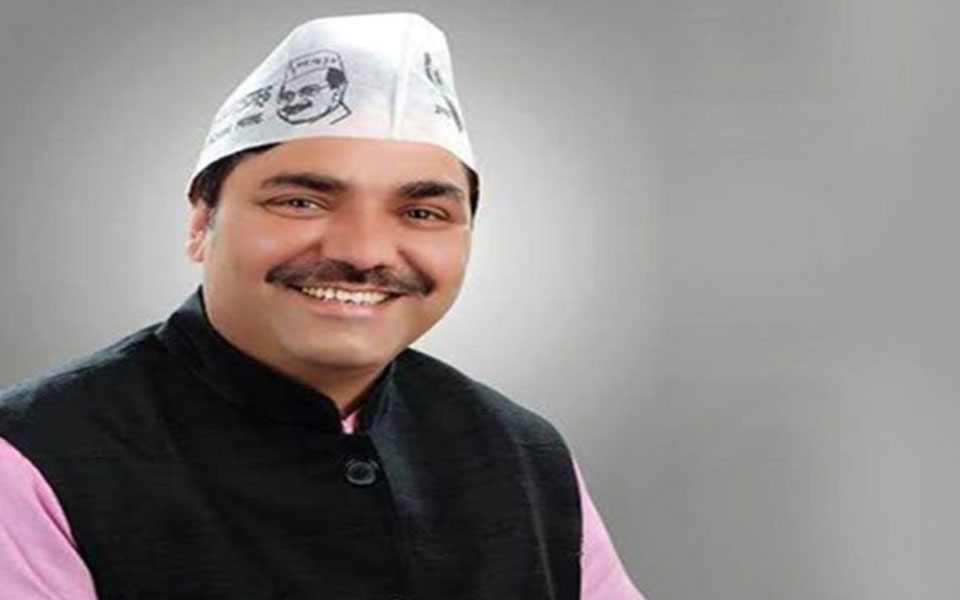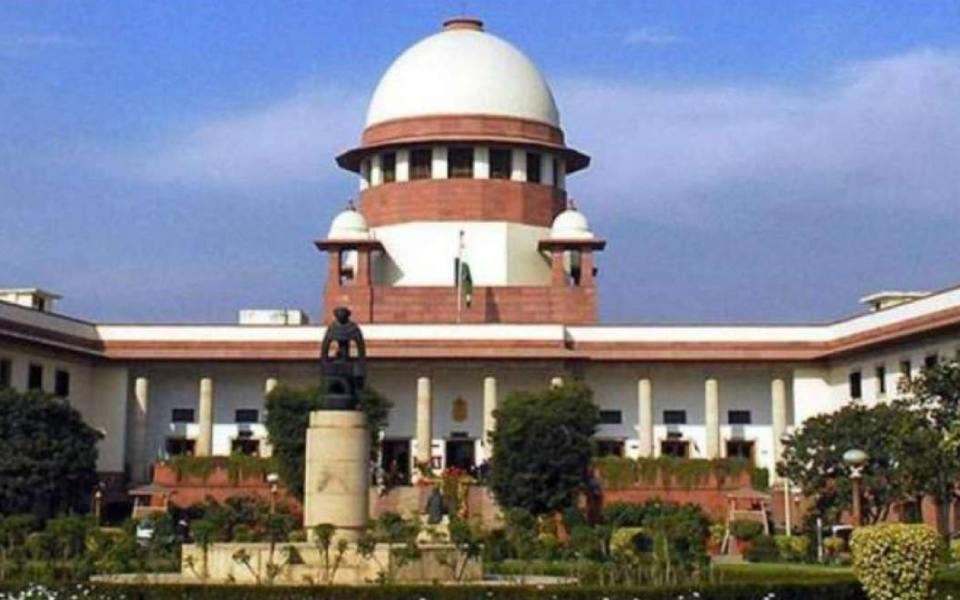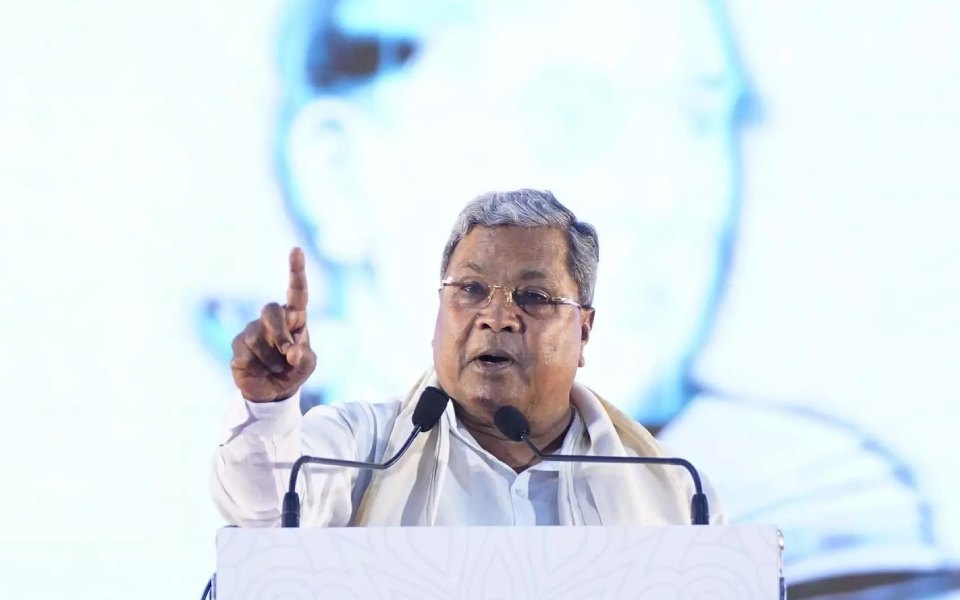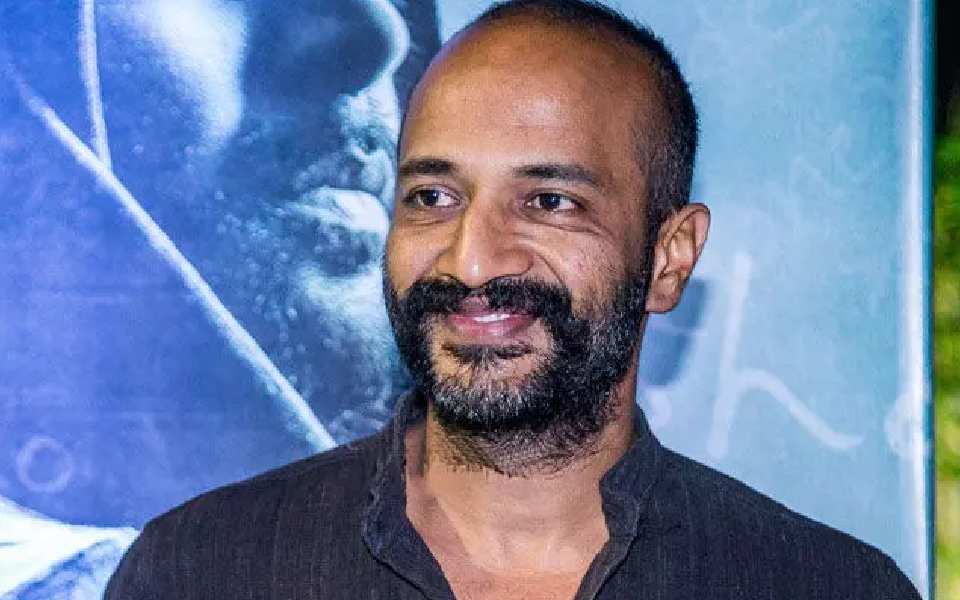New Delhi, May 10: A Delhi court has discharged Aam Aadmi Party (AAP) legislator Naresh Balyan in a 2015 case related to the violation of the model code of conduct during the campaigning for the assembly election.
Balyan was booked as he organised a meeting that began earlier than its scheduled time as AAP convenor Arvind Kejriwal had arrived early.
Additional Chief Metropolitan Magistrate Samar Vishal, in the order delivered on Thursday, discharged Uttam Nagar Member of Legislative Assembly (MLA) Balyan from the case filed under Section 188 (disobedience to order duly promulgated by public servant) of the Indian Penal Code (IPC).
The Delhi Police had registered a First Information Report (FIR) on January 18, 2015 on a complaint of a member of the flying squad supervising the elections who alleged that the meeting started before the scheduled time of 3 p.m.
However, police did not attach or file any corresponding complaint of the public servant in its chargesheet.
Police said the meeting was to be attended by Arvind Kejriwal and as he came earlier than the scheduled time, the meeting began early. Since the organiser of the meeting was Naresh Balyan, he was made accused in the case.
The defence counsel pointed out that the chargesheet had been filed under Section 188 of the IPC but there was no corresponding complaint of the public servant whose order was allegedly violated.
"Without that complaint, the court is not even empowered to take cognizance of the offence, what to talk of trial of the accused," the court said.
"It seems that police has casually filed this chargesheet without observing the legal principles and without complying with the legal requirement. The offence alleged is violation of an order of a public servant but no such order is placed on record along with the chargesheet."
Let the Truth be known. If you read VB and like VB, please be a VB Supporter and Help us deliver the Truth to one and all.
New Delhi, Jan 9: The Supreme Court on Thursday dismissed a batch of pleas seeking to review its October 2023 verdict declining legal sanction to same-sex marriage.
A five-judge bench of Justices B R Gavai, Surya Kant, B V Nagarathna, P S Narasimha and Dipankar Datta took up about 13 petitions related to the matter in chambers and dismissed them.
"We do not find any error apparent on the face of the record. We further find that the view expressed in both the judgements is in accordance with law and as such, no interference is warranted. Accordingly, the review petitions are dismissed," the bench said.
It said the judges have carefully gone through the judgements delivered by Justice (since retired) S Ravindra Bhat speaking for himself and for Justice (since retired) Hima Kohli as well as the concurring opinion expressed by Justice Pamidighantam Sri Narasimha, constituting the majority view.
The bench also rejected a prayer made in the review petitions for hearing in an open court.
According to practice, the review pleas are considered in chambers by the judges.
The new bench was constituted after Justice Sanjiv Khanna, the present CJI, recused from hearing the review petitions on July 10, 2024.
Notably, Justice P S Narasimha is the only member of the original Constitution bench comprising five judges which delivered the verdict, as former CJI D Y Chandrachud and Justices S K Kaul, Ravindra Bhat and Hima Kohli have retired.
A five-judge Constitution bench led by then CJI Chandrachud on October 17, 2024, refused to accord legal backing to same-sex marriages and held there was "no unqualified right" to marriage with the exception of those recognised by law.
The apex court, however, made a strong pitch for the rights of LGBTQIA++ persons so that they didn't face discrimination in accessing goods and services available to others, safe houses known as "garima greh" in all districts for shelter to members of the community facing harassment and violence, and dedicated hotlines in case of trouble.
In its judgement, the bench held transpersons in heterosexual relationships had the freedom and entitlement to marry under the existing statutory provisions.
It said an entitlement to legal recognition of the right to union, akin to marriage or civil union, or conferring legal status to the relationship could be only done through an "enacted law".
The five-judge Constitution bench delivered four separate verdicts on a batch of 21 petitions seeking legal sanction for same-sex marriages.
All five judges were unanimous in refusing the legal recognition to same-sex marriage under the Special Marriage Act and observed it was within Parliament's ambit to change the law for validating such a union.
While former CJI Chandrachud wrote a separate 247-page verdict, Justice Kaul penned a 17-page judgement where he broadly agreed with the former's views.
Justice Bhat, who authored an 89-page judgement for himself and Justice Kohli, disagreed with certain conclusions arrived at by the former CJI, including on applicability of adoption rules for such couples.
Justice Narasimha in his 13-page verdict was in complete agreement with the reasoning and conclusion of Justice Bhat.
The judges were unanimous in holding that queerness was a natural phenomenon and not an "urban or elite" notion.
In his judgement, the former CJI recorded Solicitor General Tushar Mehta's assurance of forming a committee chaired by the cabinet secretary to define and elucidate the scope of entitlements of such couples in a union.
The LGBTQIA++ rights activists, who won a major legal battle in 2018 in the Supreme Court, which decriminalised consensual gay sex, moved the apex court seeking validation of same-sex marriages and consequential reliefs such as rights to adoption, enrolment as parents in schools, opening of bank accounts and availing succession and insurance benefits.
Some of the petitioners sought the apex court to use its plenary power besides the "prestige and moral authority" to push the society to acknowledge such a union and ensure LGBTQIA++ persons led a "dignified" life like heterosexuals.





